Jeff Young, Liverpool’s chronicler, knows the secret to happiness: look up
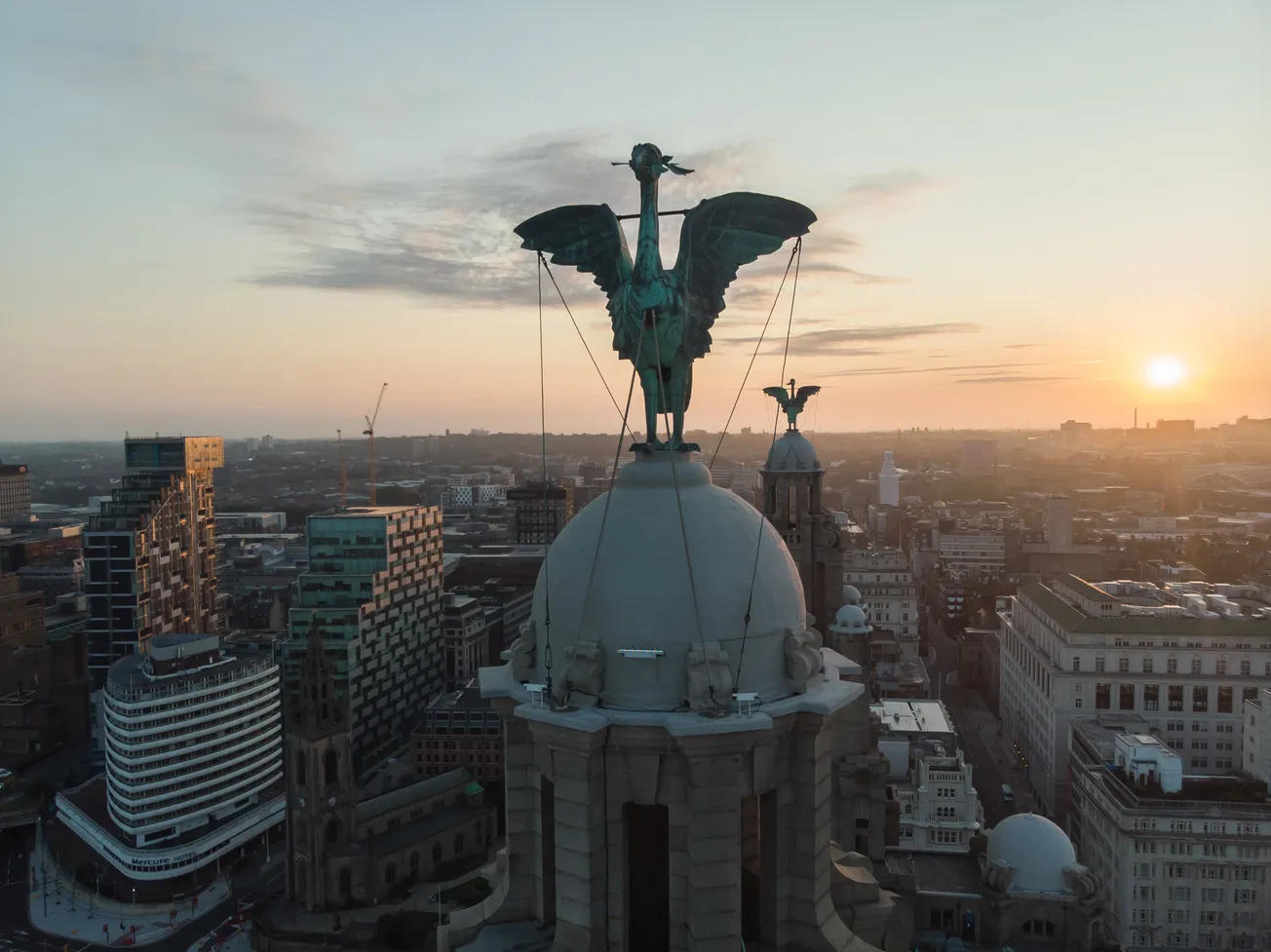
A reliable cure for the February blues? A walk round the city
"Cities are living things and they've got souls. To kill the soul by carelessness makes me really cross." It's hard to imagine writer Jeff Young getting riled by much. There's a lightness to him — one hand is always fluttering upwards, punctuating and conducting our conversation. He speaks softly, laughs easily.
But bring up city planners and storm clouds pool above. A thread running through his 2020 book, Ghost Town: A Liverpool Shadowplay, is one of disappointment at the state of what the city has become compared to the vibrant place he grew up in in the 60s. He insists he doesn’t resent redevelopment in and of itself — it’s thoughtless development that he minds.
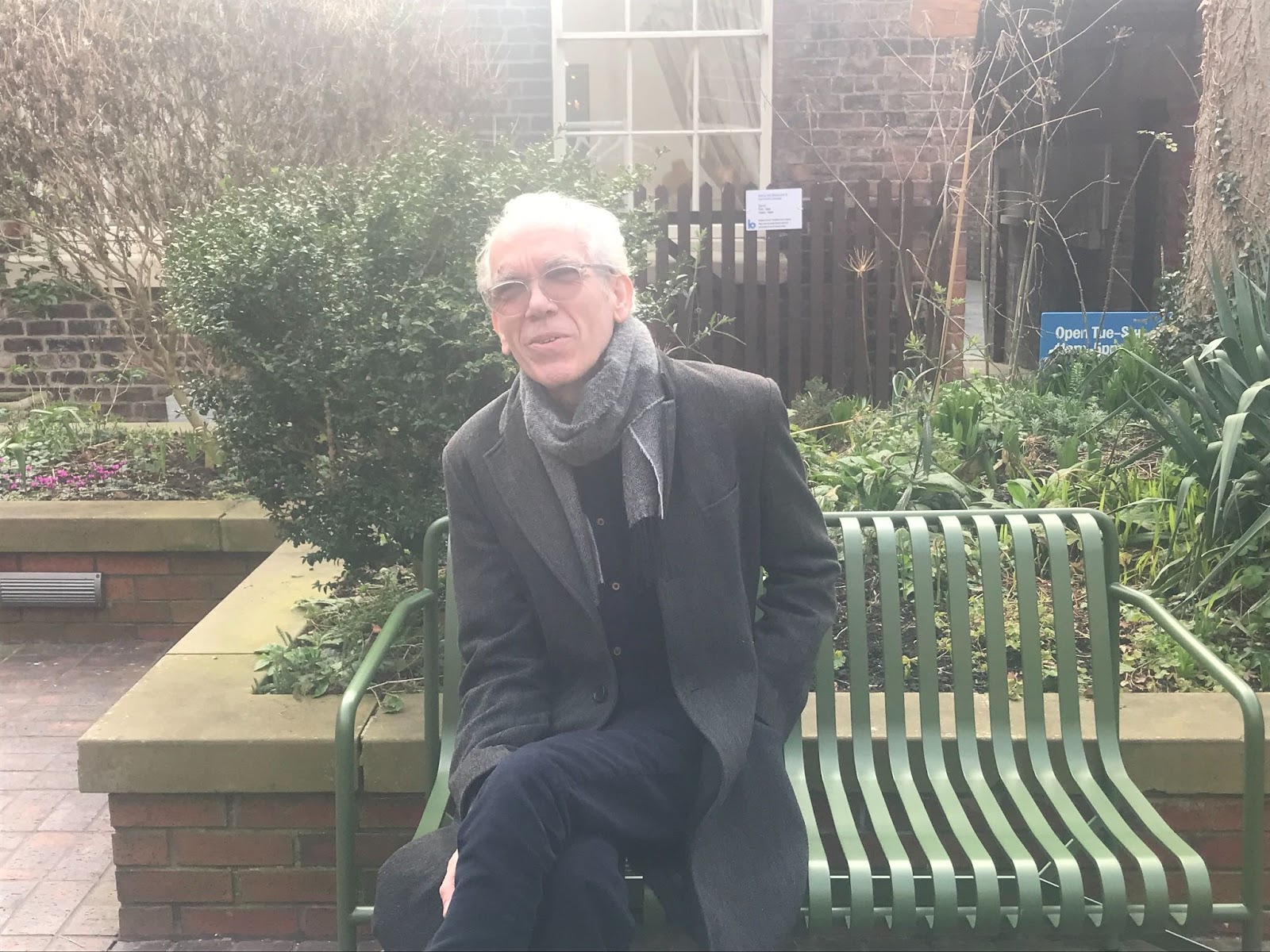
We're talking about the part of contemporary Liverpool he's most disappointed by — Lime Street, the street itself, not the station. He describes it as it was from the 1930s onwards, when there were three cinemas on the street. "Each of them were beautiful. They were places where people fell in love. People went to kiss on the back row. It was romantic. The silver screen was a dream place people could escape into from the drudgery of their day-to-day lives."
But they killed it, he says — I assume by “they”, he means the council. He believes it was allowed to fall to pieces on purpose because "they knew they could knock everything down. From the 1980s onwards it was allowed to disintegrate." The Futurist and the Scala closed down and have been replaced by "the most faceless, ugly shopping and hotel developments I've ever seen in a city centre." He shakes his head. "They killed the street. I've got nothing but contempt for the people who did that, the architects, the council, the designers."
Why the fuss about buildings? Because Jeff is truly, madly, deeply in love with the city he grew up in. Ghost Town is neither a memoir nor a history book — it's probably most accurate to describe it as a sort of prose collage, made up of vignettes. Which makes sense, since Jeff is also a collage artist. This makes him the perfect person to document Liverpool, which, as the book would have it, was:
...a collage of thrilling dissonance — Victorian splendour, a Lancashire Chicago, May Blitz bomb sites next to the collapsing slums and Viennese-style tenements, bang next to the 1960s science-fiction eyesore of the shopping precinct, the banal Futuropolis of some deranged city planner.
Jeff has been writing for more than three and a half decades. As a teenager, he was drawn to being a writer — although more preoccupied with the identity of being one, he freely admits, than he was by doing much writing. He talks about going through the "boy thing" of the obligatory Jack Kerouac phase (which makes a lot of sense, given the fact that Kerouac once visited Liverpool). "What you're attracted to as well as the books themselves, is that he was such a cool fucker, you know? When he was young, he was handsome, he dressed really well and that whole Beat Generation vibe was really attractive." He laughs. He started hitchhiking because of Jack Kerouac, as did his friends. "So you're posturing, you're going to be a poet, you're into Arthur Rimbaud."
But he also wasn't particularly hopeful about the chances of this happening — people like him, who'd dropped out of school and never gone on to university — didn't tend to become writers. Still, he started scribbling anyway. "Punk had happened in the late 70s and there was a big scene. Then it died down and the place got a bit dull." When things died down, he moved to Amsterdam in his early twenties, where he worked as a dishwasher, night porter and barman in hotels in the red light district. While living in a squat there, he got to know a Dutch writer. When he showed him his "scribblings and poems" he suggested to Jeff there was more in this, and got a character sketch by Jeff published in an English-language Dutch paper. "Then I thought, 'oh, I'm a writer!'"
The revelation brought him back to Liverpool. Which leads to Ghost Town — after being commissioned to do a series of essays for Radio 3 about people who had been influential in his life, the publishing house Little Toller got in touch. Three of the five essays had been set in Liverpool, and they thought there might be a book in it. Their hunch was on the money.
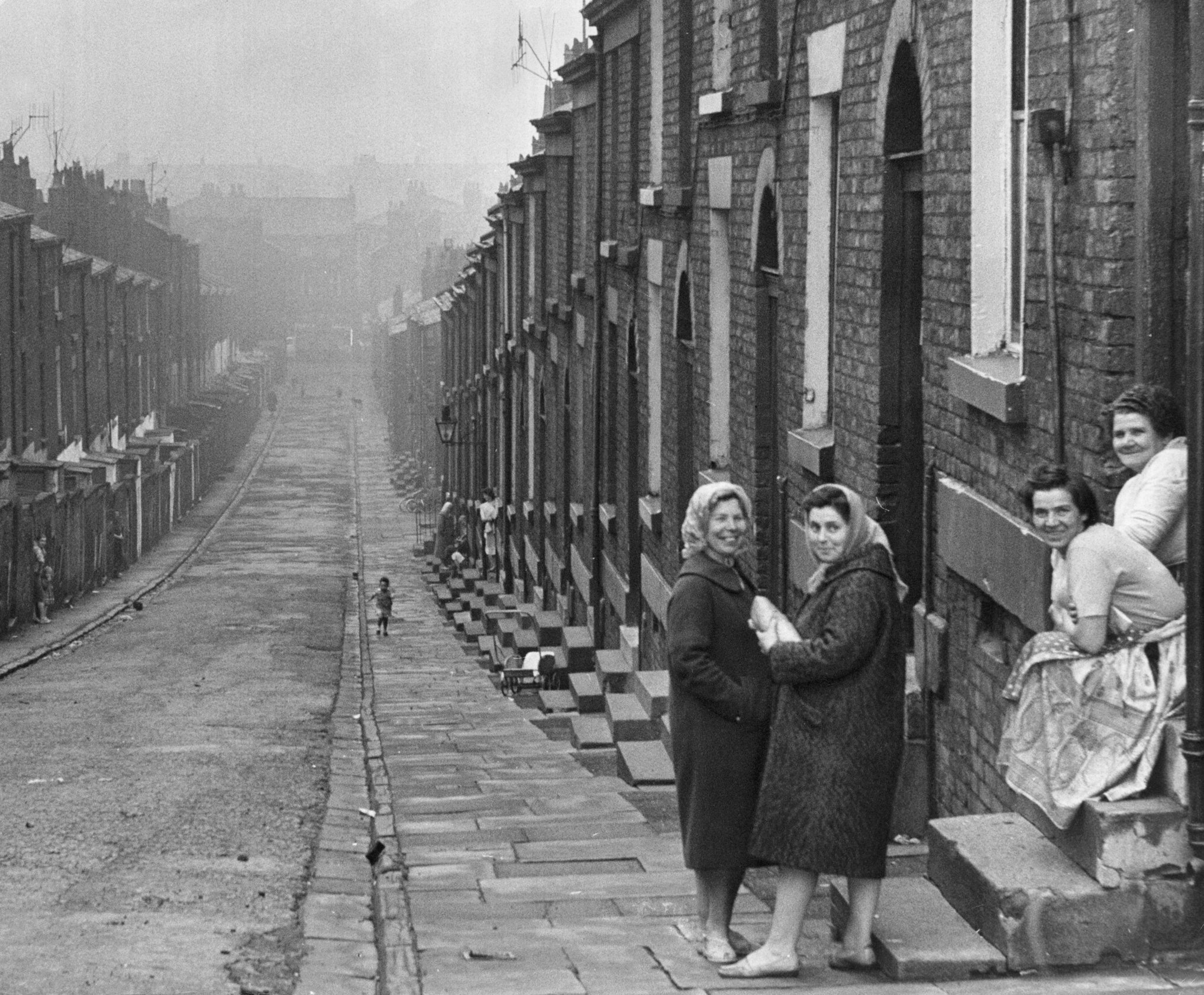
What's striking about the book is the way writing, reading and walking the city always seem to overlap. He describes the feeling "that the city was a living novel and we were walking through its pages. When I was a child it was a pop-up book. When I was older it was Dickensian, or a sprawling Scouse Ulysses, full of mystery and gassing and mad characters and adventure."
It's a book about Liverpool, but it's plausibly also a book about how there's a thousand different Liverpools. "A Shadowplay" is a reference to the idea that there's a kind of realm — "It's not a parallel world, it's in the same world as this one" but it's in the shadows. "In the shadows, that's where the ghosts are. Ghosts, dreams, memories and imagination."
What I take this to mean, more prosaically, is that our experience of a city isn't just soles against the pavement. My Liverpool is different to your Liverpool because my Liverpool is every memory I have associated with the place and everything I've ever read about it and every movie I've ever watched set there and every snatch of poetry about it and every song I’ve ever hummed in the shower about it.
But there are, of course, commonalities. Crossover points, anyway. When I ask him what he still likes about present-day Liverpool, he gets out a photo of an old woman he's taken on his phone.
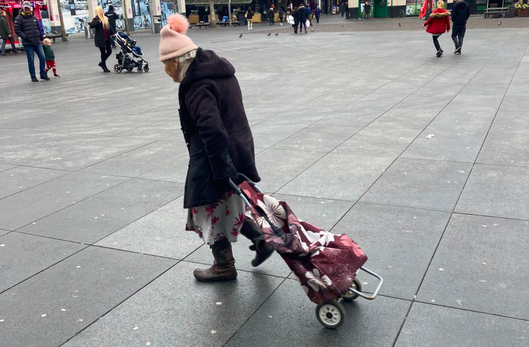
"Just walking here to see you then, I watched an old lady on her way to Poundland with her shopping trolley and she was just beautiful." He watched her crossing Williamson Square which he explains should be the centre of the city "but it's an architectural and public space disgrace. It's a field of granite slabs." His face softens. "But in the middle of that there was a character, a personality. An old lady with this place to go. I just loved her. She humanised this empty ugly space."
Liverpool has people, characters really, who everyone knows and they generally know them by a nickname. He cites the example of a man called Cherry Blossom, who more literally-minded souls also call Boot Polish Man. "It was because he'd painted his hair on with shoe polish. He was bald and he used to drink in the pubs and have this immaculately painted-on hair."
There's also the guy on Church Street who people give clothes to wear because he likes to wear outlandish costumes — purple or orange satin suits, that sort of thing. "He sings songs into a toy microphone, he can't sing. He'll do a dance, he can't dance, but he is loved. Everybody just adores him, they look after him." He talks of his wife's surprise on moving up to Liverpool from the south, that she'd reliably get embroiled in a chat in the six-minute train journey from the closest train station to their house to the city centre. "Get on a Liverpool bus and everybody's got a story to tell or you'll see something hilarious."
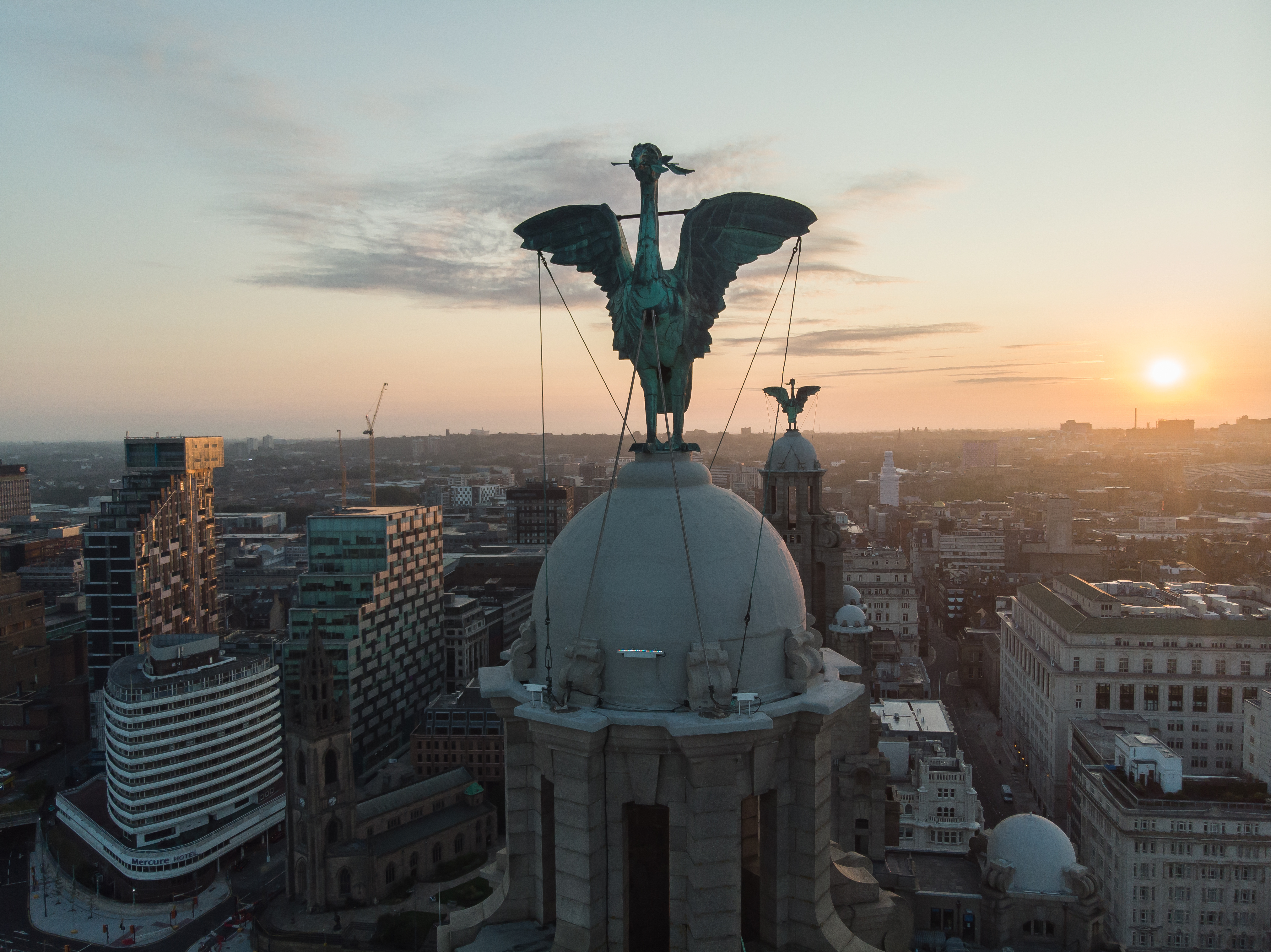
While I agree that it’s a city which is rich in fantastic people, I don’t know that I entirely buy this idea that only the people of Liverpool mean much to him and that the city itself now leaves him cold. When you read Ghost Town, it creates a sort of prose map of places that resonate — it’s soaring on specific architects, certain buildings, tiny details. It suggests that even though a lot has been lost, there’s still so many reasons to look up and around you when walking around this city.
Following this hunch, I ask Jeff to bookend our interview with a tour of his Liverpool — the places that make him feel joyful. We exit the Bluecoat cafe, blinking into the sunshine. It’s a gorgeous day. He pulls his coat closer around him against the cold, nods — “This way.”
Read my tour around the city with Jeff in Tuesday’s members-only edition of The Post.

Comments
Latest
The unexpected auction: A London fund manager is selling Merseyside homes from under their tenants
Northern Powerhouse Rail is back on track. We think...
The clockmaker of Wavertree
One of Merseyside’s oldest sports clubs still plays every Saturday
Jeff Young, Liverpool’s chronicler, knows the secret to happiness: look up
A reliable cure for the February blues? A walk round the city